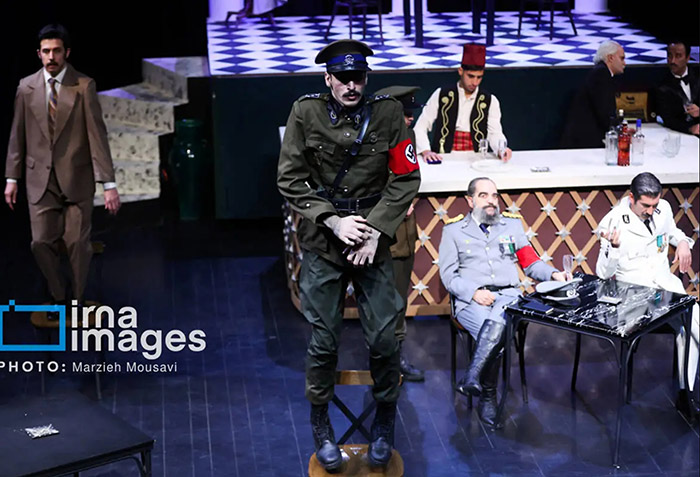The city of Casablanca itself functions as a symbolic crossroads, representing the moral ambiguity of wartime neutrality. It is a place where loyalties shift, identities blur, and survival depends on compromise. The café serves as a stage for these contradictions, hosting gamblers, refugees, Nazis, and resistance agents in a single space. Within this microcosm, the ideals of freedom and justice are constantly negotiated, making the café both a sanctuary and a battleground.
Rick’s transformation from detached cynic to selfless hero reflects one of the film’s central themes: the awakening of moral conscience. His journey parallels that of America itself, which had only recently entered World War II after a period of isolationism. Thus, Rick’s decision to aid Laszlo can be read as an allegory for the United States’ embrace of collective responsibility in the face of tyranny. In this sense, Casablanca transcends its romantic narrative to become a reflection of its historical moment.

